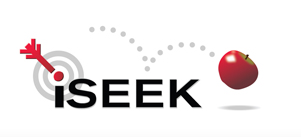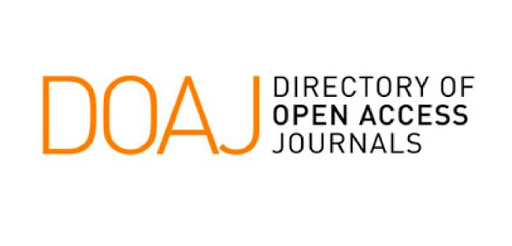Paper ID : SMJ2012245812679 | View : 59

Abstract : Increasing realization that traditional methods of apprenticeship style training in medicine are not acceptable has given rise to newer methods of acquiring skills and competence being integrated into the undergraduate curriculum. We study whether the simulation modules resulted in any gain of knowledge and skills, pre and post-tests were given in selected modules. The pre-test was given before starting the course. Post-tests were given 8 – 9 weeks following the course. 509 students of the first, second, third and fourth years undertook different sets of simulation modules and formed the basis of this study. Three simulation modules from the first year; eight from the second year, twelve from the third year and sixteen from the fourth year were included as example of which is the upper and lower GI endoscopy, sigmoidoscopy, basics of laparoscopy and management of shock using the SIM MAN 4G were assessed by pre and post tests as students had not been exposed to laparoscopic surgery, emergency room posting and gastroenterology before entering the 6th year. It has been concluded that the students benefitted by the Simulation Modules. Though they had not been exposed to live procedures on patients before the simulation sessions in the first and second years, there was a significant improvement in their knowledge levels as evidenced by significantly higher post-test scores in all the three modules tested. We found that the simulation sessions were very popular with the students










